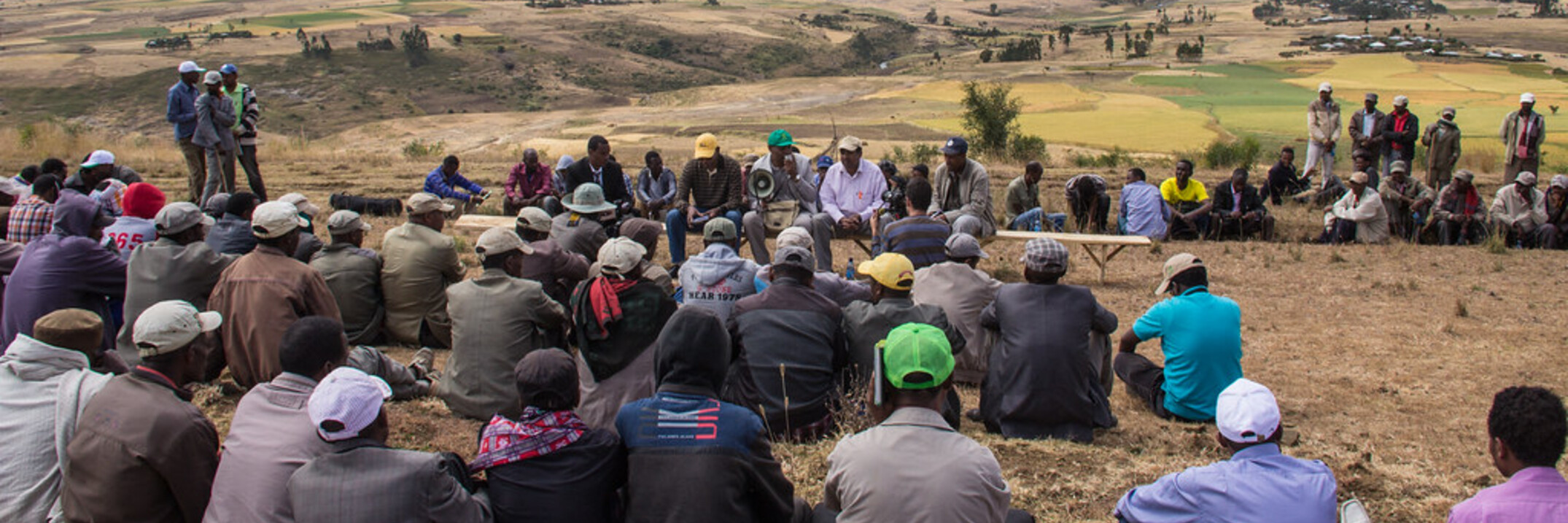The cactus pear (Opuntia ficus-indica) has garnered attention for its potential to enhance sustainability in semi-arid regions. The aim of this study was to examine the impact of various agronomic practices, including planting time, irrigation, and...

